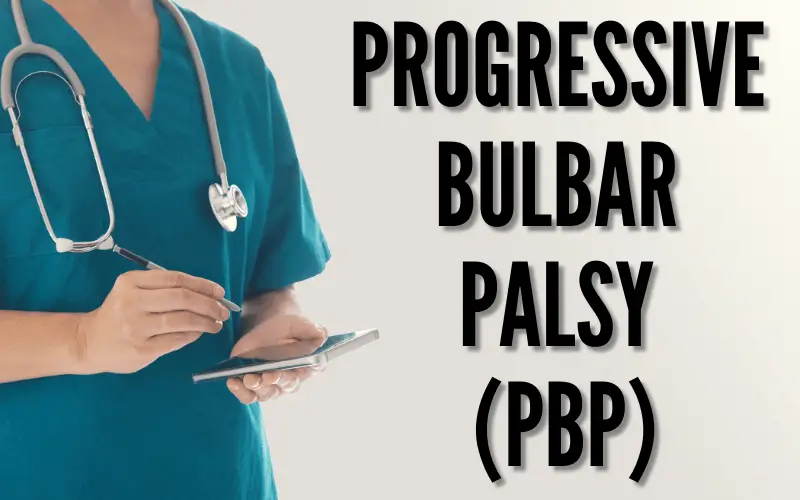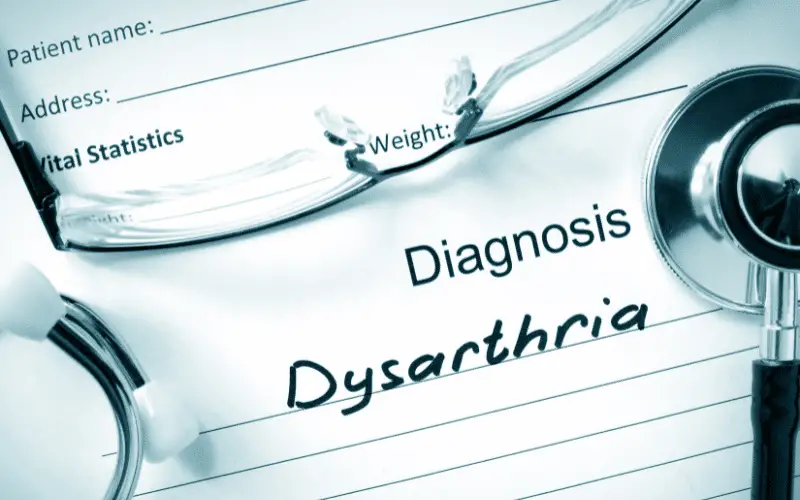Introduction: Navigating the Complexity of Progressive Bulbar Palsy (PBP)

Progressive Bulbar Palsy (PBP) belongs to a broader group of conditions known as Motor Neuron Diseases. Primarily impacting speech and swallowing muscles, this disorder has far-reaching effects on the lives of those it touches. The onset of PBP symptoms can be subtle, often overlooked until they manifest more profoundly. To aid in early detection and disease management, this article spotlights the top ten symptoms associated with PBP.
In the following sections, we will unmask the intricacies of these symptoms, painting a clearer picture of this condition. We aim to provide a thorough understanding of the individual symptoms, which is crucial to empathize with those living with PBP and better support them in their journey. We delve into the clinical specifics, yet present them in a reader-friendly manner.
We navigate through these ten key indicators, dedicating ample attention to each. This meticulous approach is designed to enhance your understanding and help you recognize these symptoms if they manifest in real-life situations. It’s a journey through the world of PBP, one sign at a time.
Bear in mind that the information provided is detailed and exhaustive, making it easy to understand the complex nature of PBP. By the end, you will gain insights into PBP, enabling you to discern the condition’s influence and the ten symptoms that signal its presence.
Symptom 1. Dysarthria: When Speech Becomes a Struggle

One of the more complex symptoms associated with Progressive Bulbar Palsy is difficulty in articulation, also known as dysarthria. It’s as if words, once friends, have turned into foes, refusing to form or flow as they once did. This symptom further exemplifies the layered challenges that people living with PBP encounter.
Dysarthria is not about forgetting words or ideas, but about the mechanics of speech. The lips, tongue, and throat muscles, previously working in harmony to produce sound, now fail to synchronize, leading to slurred or slow speech. The struggle here is not cognitive but physical, rooted in the very muscles that give voice to thoughts.
This symptom can lead to frustration and isolation. Conversations that used to be sources of joy may turn into uphill battles, each word a victory won against the rebellious muscles. Yet, every hard-won word speaks volumes about the determination of those living with PBP.
Despite these hurdles, individuals with PBP often find alternate ways of communication. From speech therapy to adaptive technologies, they harness resources to continue sharing their thoughts and experiences. The human spirit’s ability to adapt and find expression, even amidst adversity, is prominently showcased here. (1)